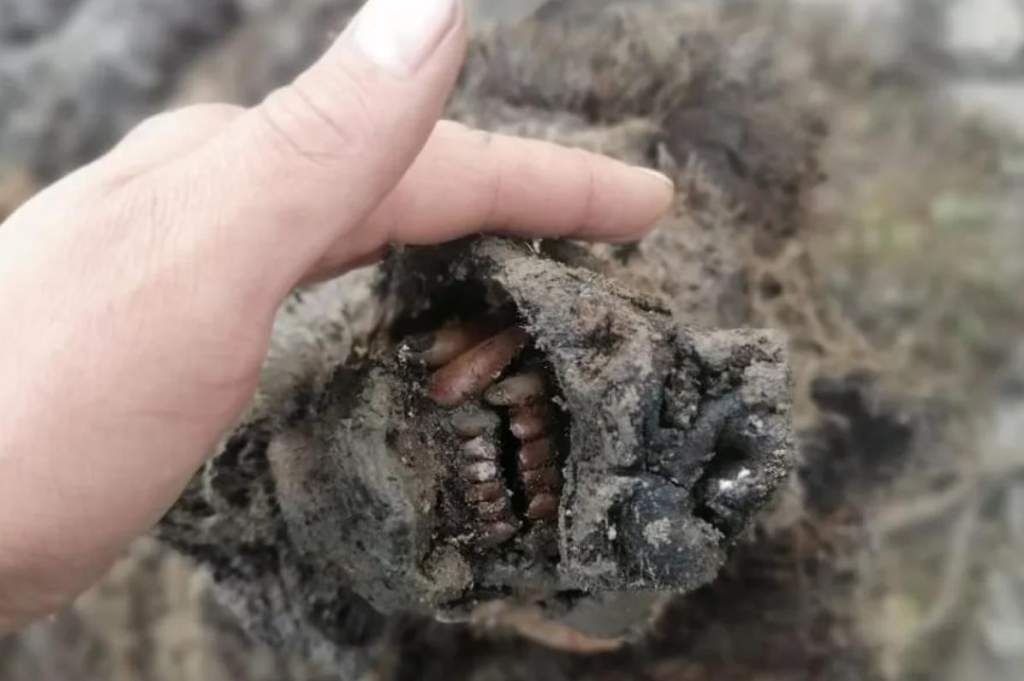The remains of a 39,000-year-old Ice Age bear were found in Russia, perfectly frozen on Bolshoy Lyakhovsky Island. Reindeer herders discovered the bear carcass in 2020. Part of the New Siberian Islands archipelago, which is situated between the Laptev Sea and the East Siberian Sea, it is the largest of the Lyakhovsky Islands.
Scientists have never before seen a bear like this with its teeth and even its nose still intact. Based on the initial investigation, the adult bear lived between 22,000 and 39,500 years ago. According to specialists, a radiocarbon assay will be used to pinpoint the bear’s exact age.

The world’s foremost center for researching woolly mammoths and other extinct species, Yakutsk’s North-Eastern Federal University, hailed this astounding discovery as revolutionary. Previously, researchers had only found the bones of cave bears.
It has been suggested that cave bears lived in Europe and Asia between 2,580,000 and 11,700 years ago, a period known as the Pleistocene age. About 24,000 years ago—some estimate 15,000 years ago—they went extinct. The most recent finding is not unique. As the permafrost melts across large areas in Russia’s Siberia, significant finds of mammoths, woolly rhinos, Ice Age foals, many puppies, and cave lion cubs have been made in recent years. Certainly, the discovery of the ice age bear brings us one step closer to future inventions. Here, you can read the news at CNN.
Read More: The Story of Famine Stela in Egypt







